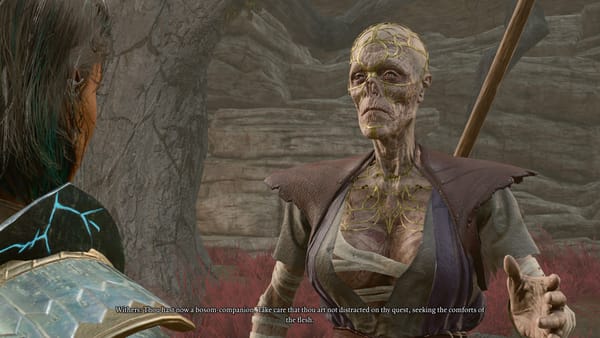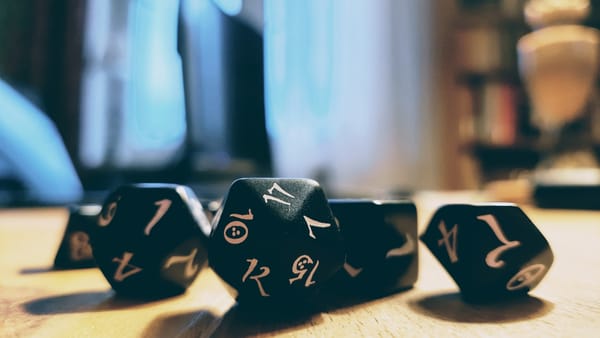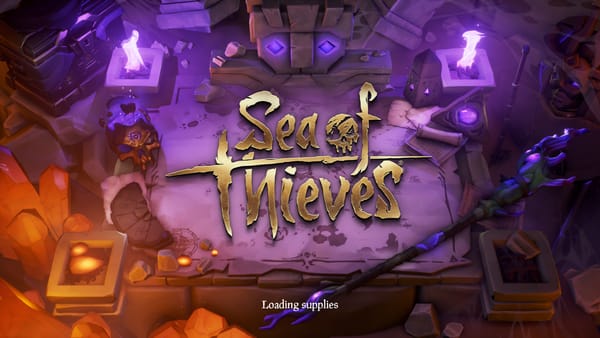What Silksong Can Teach Us About Developer to Fanbase Communication
Developing a game is hard and there's a lot of ways to trip up, so taking these 5 lessons to heart is very important.
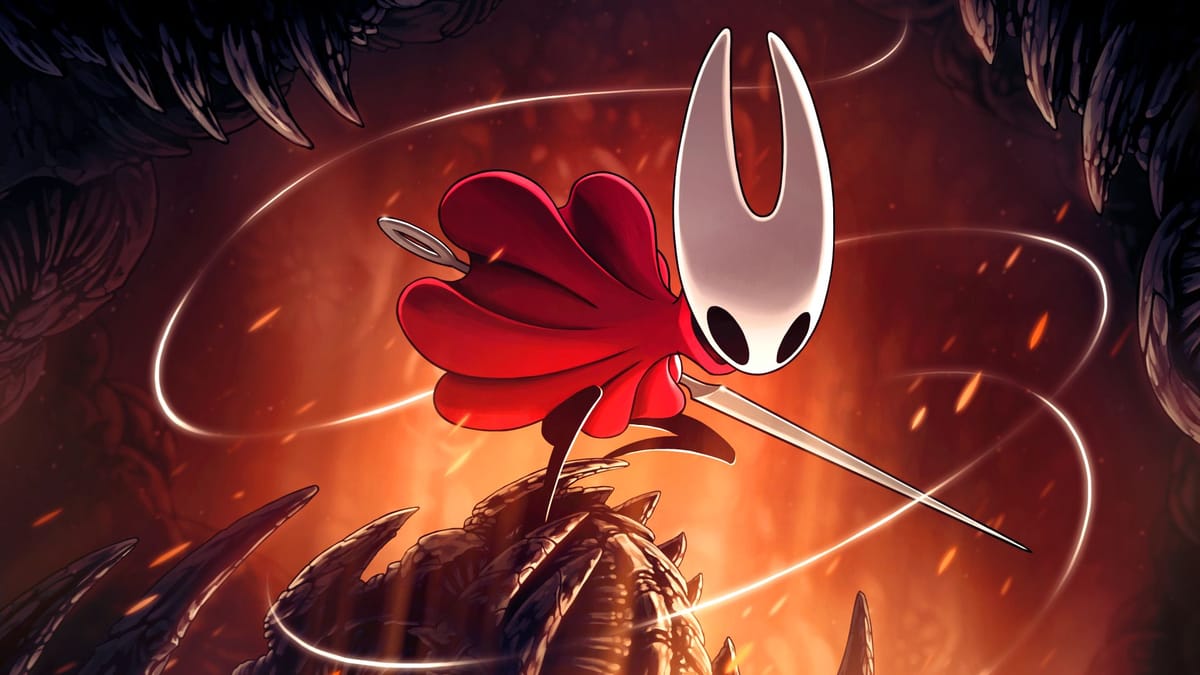
Welp, after years and years and years of waiting, Silksong comes out this week and is likely to make a splash even if it's not everything everyone in that community has wanted. The game went silent for 7 years and the community kinda went crazy waiting so the fact that it was finally announced as having a release date, and that that release date was a mere 2 weeks away from that announcement, really shows what can happen when developers go silent and then come out of nowhere to basically shadow drop their big game.
So, today, I want to talk about 5 lessons that Silksong can teach us, the gaming community, and us, game developers, about the value of communicating consistently about the games they are developing but are taking much longer than anticipated. It's a kinda mixed bag so let's get into it.
Important Note: Not all of these will be applicable to every developer, particularly indie devs are much smaller so some of them won't apply but there is a core to each of them that I do think is good to at least be aware of when you are making a game that you want to be successful.
Lesson 1: Not having to deal with long marketing periods can be beneficial.
Games usually need to be marketed. That's how many people find out about them after all. But that marketing can often lead to expectations that won't actually represent the final product of the game.
For instance, let's look at Bioshock Infinite. Early on in development, before the hell really began to set in for the Dev team, they released a vertical slice walkthrough that got people hyped. It was a form of marketing, especially since it was at E3. This brought a lot of hype for the game of course because it made it seem much different from what it would be. It had a different story and was a completely non-existent level. This demo was amazing.
But because it was all simply a lie, when the game came out the fan base was pretty fucking disappointed. Not because the game wasn't still good, it was and still holds up, but because the experience was nowhere close to what that demo showed.
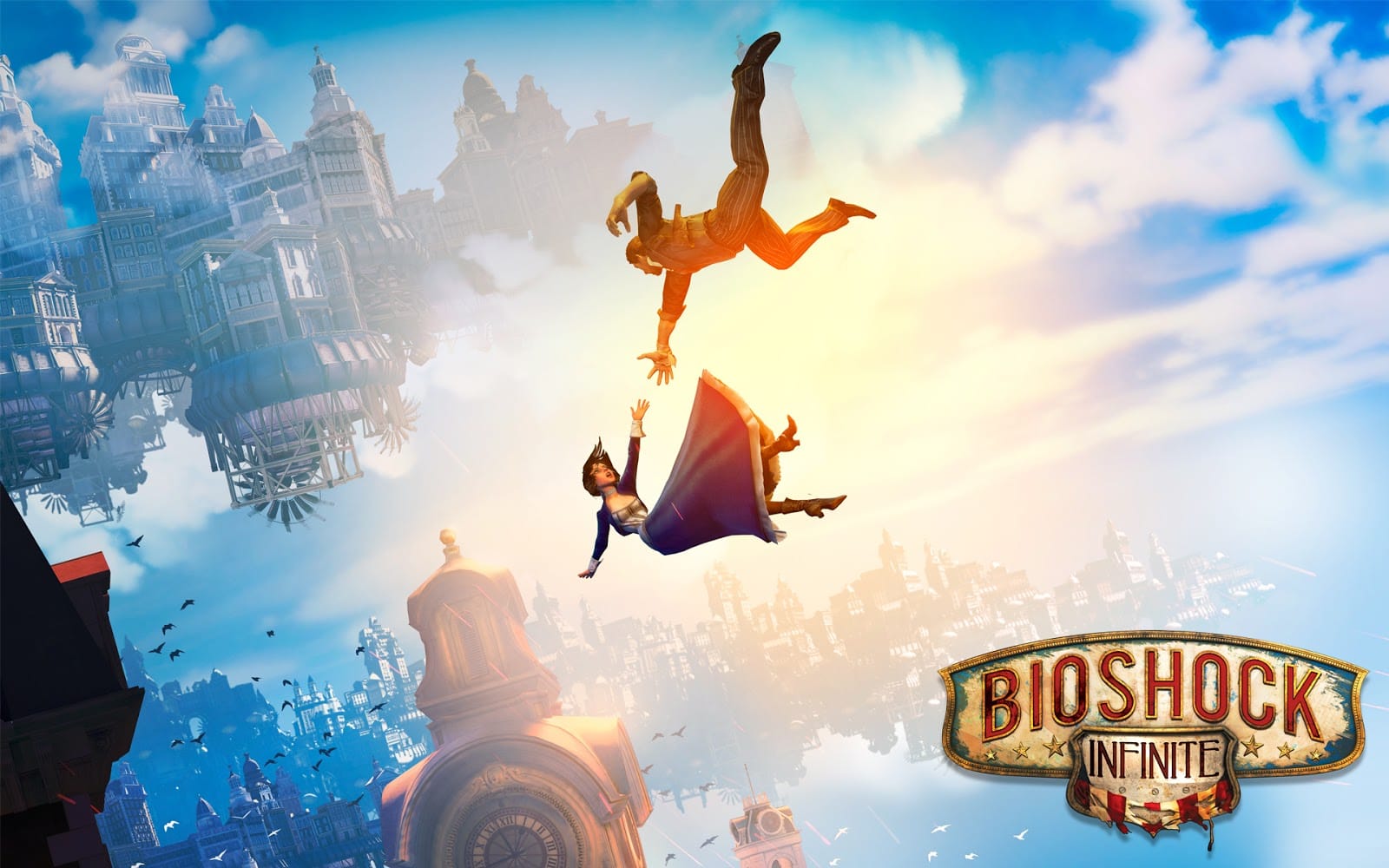
This is something that happened a lot back during the big days of E3 and there are a lot more examples besides just Bioshock Infinite. But usually it was simply graphics oriented, this was a whole other fucking level and direction for the story that was completely different.
Silksong didn't have to deal with this. They did a demo early on and that was it. Then they finally announced 2 weeks ago with a rather short trailer that showed the game without the smoke and mirrors. Silksong can show that sometimes marketing like what Bioshock Infinite and other games have gone through will often hurt the game by building up an idea of what the game is which doesn't actually come to fruition.
Lesson 2: The game will have to live up to what the fan base created in their head.
This is a fundamental problem with no communication, the fanbase will run wild with expectations that just won't ever exist. Ideas of how the game should be structured, of what the combat would be like, of what the story could be.
For instance, Dragon Age: The Veilguard, a game that I will always love and defend (see here), had to live up to what the fans had created in their head. They created this grand game with more Dragon Age: Origins combat, something that was gonna be maybe more like Baldur's Gate 3 (despite that never being realistic). They believed that the character arcs might be more far complex than realistic or that the story would be something they expected as opposed to something they hadn't. They envisioned lore reveals being more dramatic and surprising than the reality would end up being (despite that reality being the lore from the very beginning of the franchise).
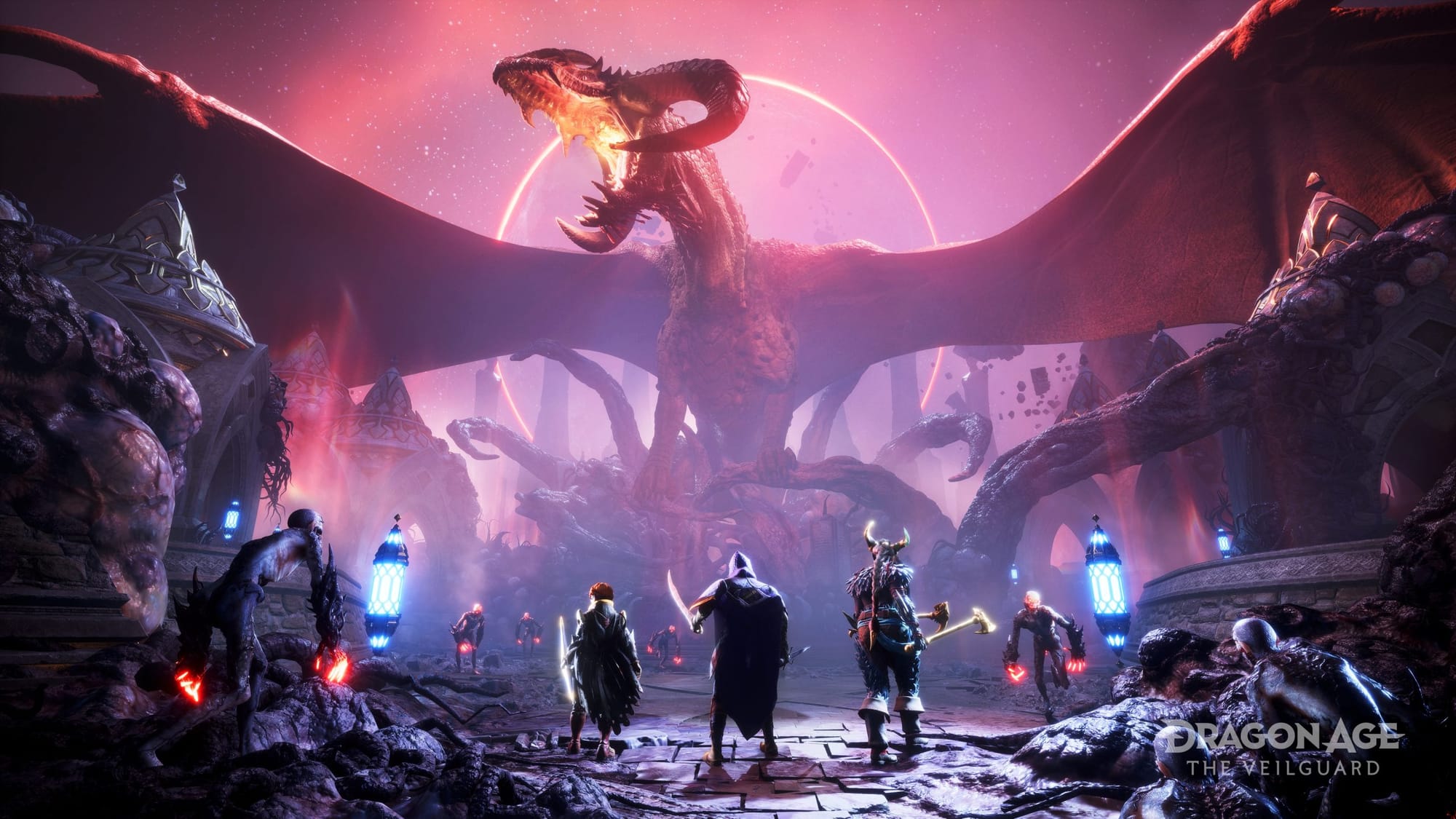
The game they made in their head was grand and a callback to what the series was at the beginning instead of further iteration on the formula as all the prior games had done. They expected too much and had unrealistic expectations so when the game was finally revealed in June of last year with a truly horrible and non-representative trailer, they realize that the game in their head wasn't gonna happen and they took that out on the real game that existed. This caused backlash because, well, when you make a game for a decade and reboot it twice while still trying to integrate what you can from the second version of the game since your publisher refuses to give you more budget since they have a preference for the Mass Effect team, that game won't be what it could have been. Even if it might be a great game, which I believe it was (but that's not important to talk about here so please don't come at me), it doesn't matter. It can't live up to any of the expectations, so that's it. The game is sunk. Not to mention the budget having become so much larger because it took so long making it much harder to make a profit.
Meanwhile, Silksong has to deal with this very same reality. When you don't communicate anything about the game for so long and then drop it so quickly, the game is likely going to be different from what the fans expected. As much as they want it to be perfect, it won't be. As much as they want certain features in the game, they might not be and other features might be problematic. As much as they might want more of the original Hollow Knight, it might be much more different that they're expecting. That's okay and doesn't mean it's not going to be a good game, it just might be different from what people expected, and that can be difficult to overcome.
Lesson 3: Hype is easier to sustain when the release date, and first real details about the game in years, is just 2 weeks away.
One thing that is hard about announcing a game years before the release and updating consistently, even if just once a year, is that that's really hard to maintain Hype. But when you shadowdrop, or just drop 2 weeks later like with Silksong, it allows for Hype to go from small and just in the fan base, to massive and spread throughout the industry (so much that some games have been delayed to avoid it).
Let's look at a game that was released within just over 3 months post announcement and ended up being one of the best games of last year, winning award after award. Astrobot was announced in Sony's psuedo-E3 at the end of May and was released at the beginning of September. It didn't have a ton of hype behind it but the hype that did exist built and built until when it released and suddenly everyone was talking about it. About it's innovative use of the dualsense controller, about the amount of referential bots and levels in it, about the solid platforming, and even about how good it looked.
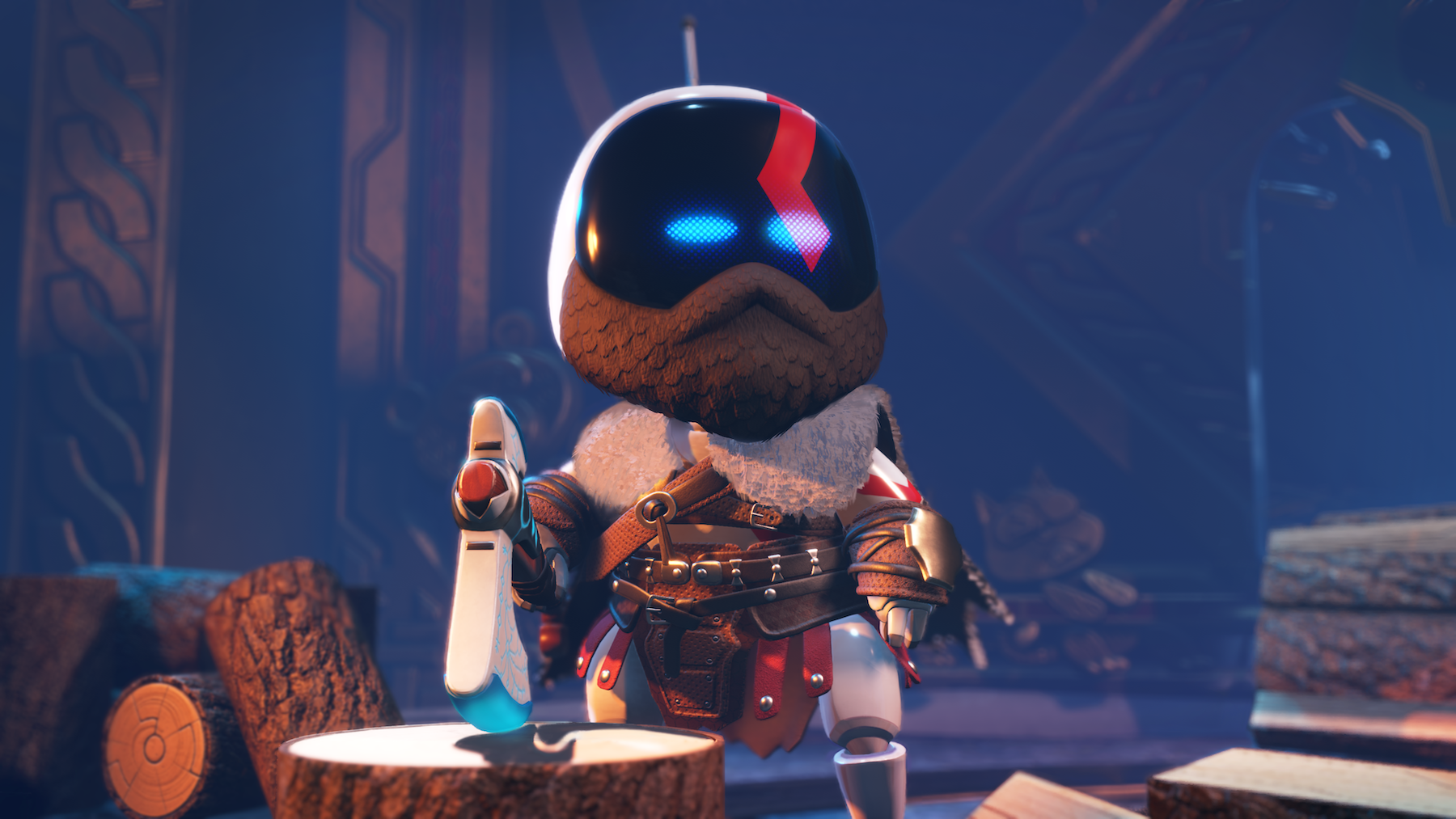
People loved that game and the short window to maintain hype allowed for people to not lose interest, to not feel like the game is forever on the horizon, ever moving just a few months out. Meanwhile, theres a game that used to hold the record for the longest development a game has ever gone through including switching developers. A game from a series that people had really adored and people were super duper hyped for. Duke Nukem: Forever came out in 2011, 14 years after it was announced, and it was fucking garbage. The hype for the franchise had literally died, people were just interested in what the train wreck of a development cycle was going to end up producing as opposed to the game itself.
Hype is important for games because it keeps people interested. If you lose hype for any time at all between announcement and release then you are simply shooting yourself in the foot and making it harder for you to be successful in the long run. Games should be announced at the most within 12 months from release (preferably 6 months or less) because otherwise, the hype dies and sometimes so does the fanbase. Astrobot shows this and more games need to do the same because hype is how games are sold.
Lesson 4: People can forget about the game or make it into a joke.
Going off of the Lesson 3, when a fanbase dies, people outside of it end up just forgetting about the game entirely. The game goes from something that a wide audience might think is cool to being just completely lost to the sands of time. Or, even worse, people will find the death of a fanbase, the lack of communication, so damn funny that it'll actually grow and become something that no game developer should ever want their game to be, a fucking joke. A Meme.
Let's for instance look at a game that hasn't even been officially announced but we do have rumors about being in development and super close to being done: Half Life 3 (it couldn't not be the game). While we have had rumors about it for almost 2 decades, it still hasn't been anywhere close to release and has had constant silence.
Half Life 3 has become, to put it simply, a fucking joke. While Half Life: Alyx released 5 years ago, that just showed that Valve is still working on the series which made it that much more difficult for the community to deal with Half Life 3 being, seemingly, a myth. The game became a joke because we both know it exists and don't. It became a joke because we know it'll likely release eventually, but also don't.
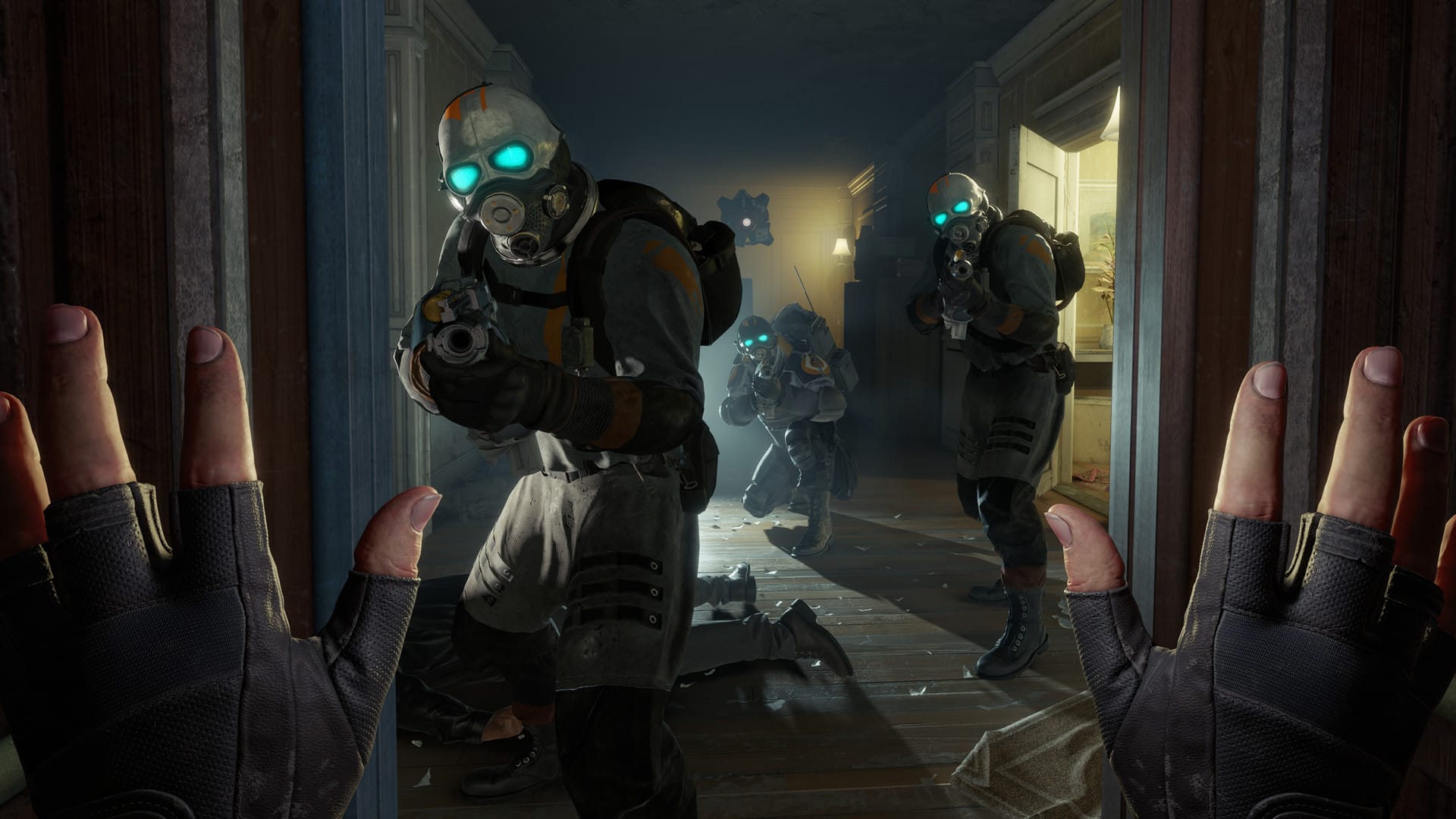
The reality of the situation is that when you, as a developer, refuse to even acknowledge your game exists or is still being worked on, you create an experience for people to disbelieve anything about it. You create a scenario for people to just make it into a joke about how it'll never exist.
The Internet made it into a meme. If it ever releases, which it will but likely won't be called Half Life 3 (Half Life X is what the rumors are saying), it'll never beat the fact that it was a joke for 2 decades. That is the games legacy before it is even released or even announced.
Hollow Knight: Silksong has also suffered from this, although to a lesser extent. The subreddit became a meme on Reddit because, with zero communication, they kinda just went insane. Not like other subreddits of games that haven't had a new entry in a long time mind you, but still. They grasped at straws and fell apart and started to just think up random elaborate ways that Silksong was going to be released. Even full on faking announcements just to fuck with each other in their depression. Thankfully, Silksong will be less likely to have the legacy of being a meme of course since it actually is coming out this week and it wasn't in development for so long.
But refusing to communicate with your community as a developer means you are refusing to even say if the game exists. You are opening yourself up for nothing but frustration from your community and anger. It's not impossible for things to turn around, but you make it much harder for yourself when you don't show or say anything.
Lesson 5: Shadowdrops are rare and you can immediately make a name for your game by doing it (if you're notable enough).
New games release basically every day of the week and so many just get lost in the mass pile of new stuff. So when you announce and release your game on the same day, that allows people who are interested in your game to immediately go out and play it. It increases word of mouth if it's good and can actually increase sales, sometimes even pushing a studio to new heights of name recognition.
Let's look at Hi-Fi Rush as an example. A famous shadowdrop of a game that was so damn fantastic that suddenly tons of people knew of the developer Tango Gameworks. The game was a musical Devil may cry beat 'em up-like and when you attacked on the beat of the music it increased your points. It was innovative, fun, had fantastic art, and was just so damn refreshing. It wasn't open world, it wasn't generic, it was a tight experience that had a world filled with charm. It was amazing.
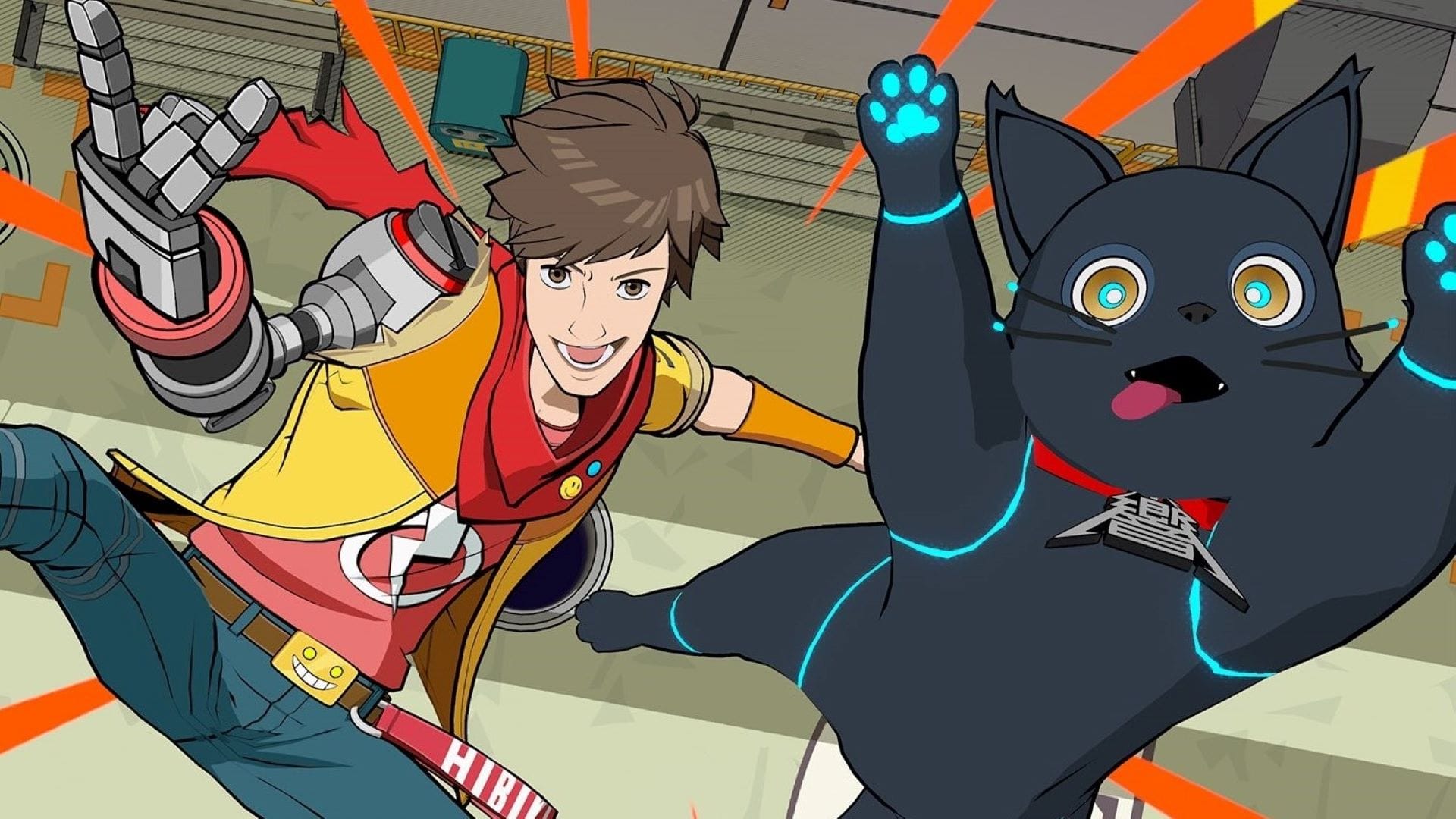
Despite all of that, Microsoft ended up trying to shut Tango down because...well...they're Microsoft. They don't know a good thing even when it flies straight at their face with bags of cash. The game was successful and they said they were happy with it but that didn't matter. But because of Hi-Fi Rush, because the game was so damn good, Tango went from just being another boring horror game developer to being an innovative space in the industry and that literally saved their hide.
Tango got bought by Krafton and now is making another game, the success of the Shadowdrop saved their company. If the game had been marketed, if it had had to go through all the rigorous lead up to a release date, it likely wouldn't have garnered as much attention. The Shadowdrop can be so monumental that it can save peoples jobs.
Shadowdrops, like what is sorta happening with Silksong with its 2 weeks later release date from the most recent information about the game, is a way to turn a game from either unannounced vapor or ancient meme, into a true titan. Team Cherry has already made a name for themselves and what they did likely would have sank other independent teams, but it took a game that was broadly a joke to finally being looked forward to again by the entire industry. Shadowdrops matter and can only happen without that minuscule communication from developers that sometimes just isn't necessary.
The Conclusion
All of these lessons play into each other, they feed off of each other. When a game does what Silksong does it walks a fine line. Really though, it's when a game that takes way too long, or just an unexpectedly long time, to develop is eventually released. Many more games will face this in their future and some will overcome it while others will succumb to the cons I have listed. Once Silksong releases tomorrow we can find out more about how amazing or underwhelming it is, although I'm not expecting it to be underwhelming especially for those who liked the first game.
I think a key part of this whole article is that games often take too long to develop nowadays. Silksong is different because we found out from Jason Schreier that they just loved making the game so kept adding stuff, but other games simply suffer more and more from that long Dev time. A way to avoid many of the problems I've talked about is for games to just be made faster with better management and smaller scope. But that's a tale for a different day.
In the meantime, I'm sure many of you will be playing Silksong, so enjoy it! And as for some of my fellow indie devs, just be aware that the longer you take the finer the line you walk becomes so be careful not to fall.
Meow,
Cat


